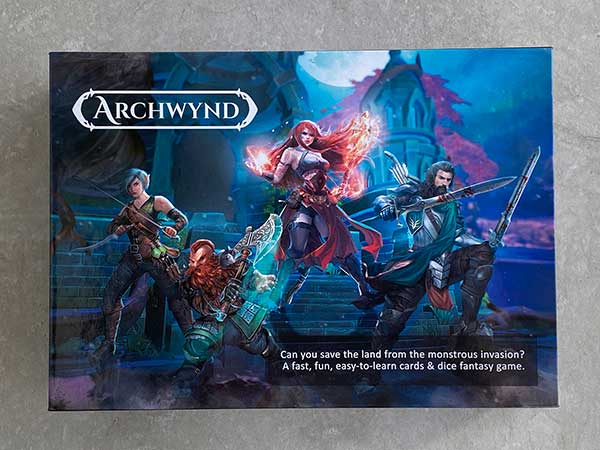Role-playing card games, or RCGs, are a type of tabletop game that combines elements of traditional card games and role-playing games.
If you’re looking for a deeper breakdown of mechanics, examples, and how these games compare to board games and tabletop RPGs, explore our comprehensive guide to RPG card games.
Role-playing card games, or RCGs, are a type of tabletop game that combines elements of traditional card games and role-playing games. In an RCG, players typically assume the roles of characters with unique abilities and use a deck of cards to represent their character’s actions and abilities. The game is usually played with a game master who acts as the narrator and sets the scene for the game, and the other players must use their cards and their character’s abilities to overcome challenges and progress through the story.
One of the key features of an RCG is the ability for players to customize their decks to suit their playing style and their character’s abilities. This allows for a great deal of variety and strategy in the game, and can make each game session unique. For example, a player might choose to build a deck focused on offense, with powerful attack cards, or they might choose to build a more defensive deck with cards that provide protection and healing. The choices players make when building their decks can have a big impact on how the game plays out, adding an extra layer of strategy and decision-making to the game.
The role-playing aspect of RCGs also sets them apart from traditional card games. In an RCG, players are not just playing cards to win a game, but are instead inhabiting their characters and making decisions that affect the story and the game world. This can make the game more immersive and engaging, and allows players to feel more connected to their characters and the game world.
In recent years, RCGs have grown in popularity, with many popular games like Magic: The Gathering and Pokémon featuring elements of role-playing. These games offer a unique blend of strategy, character development, and storytelling, and can provide hours of entertainment for players of all ages.
In addition to the social and entertainment value of RCGs, they can also have educational benefits. Because they require players to make strategic decisions and think critically, they can help to develop problem-solving skills and decision-making abilities. They can also encourage creativity and imagination, as players must use their characters and their abilities to navigate the game world and overcome challenges.
Overall, role-playing card games are a unique and engaging type of tabletop game that offer something for fans of both card games and role-playing games. They allow for customization, strategic play, and a focus on character and story, making them a popular choice for gamers looking for something new and exciting.

